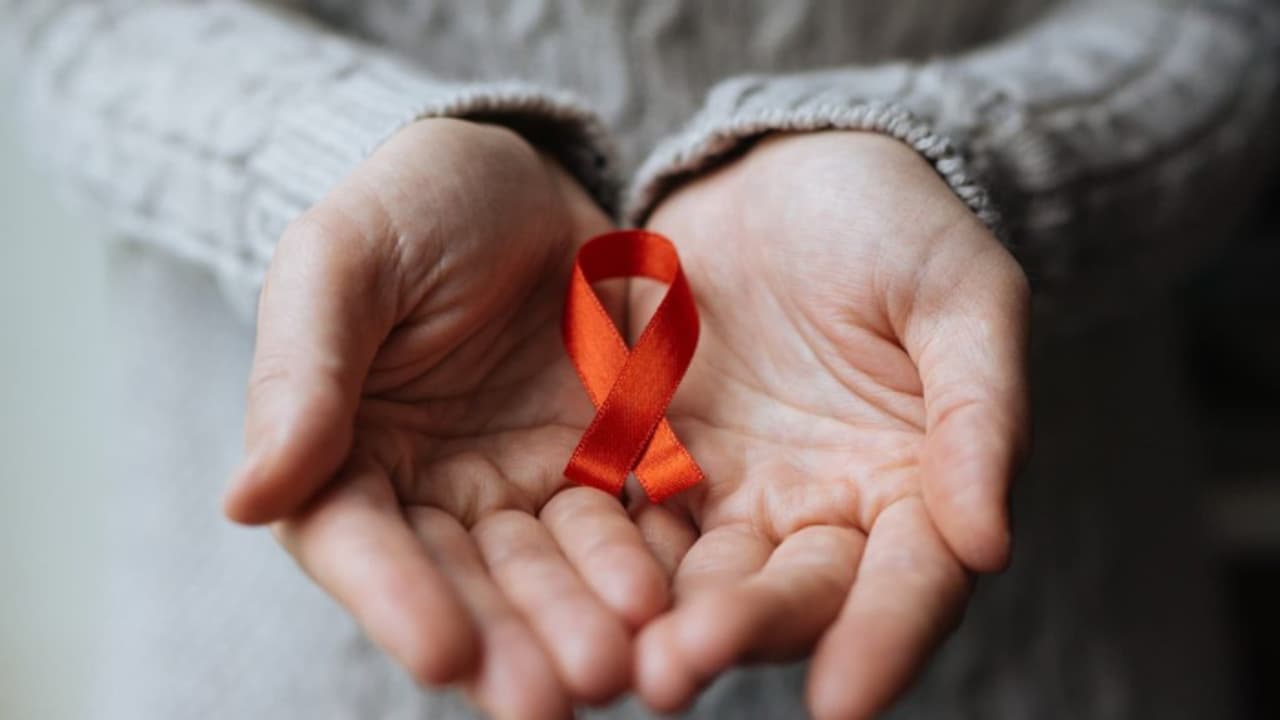According to a global public health issue, HIV/AIDS affects women's sexual and reproductive rights and health. Women make up over half of HIV-positive persons, and social, cultural, and biological factors render them vulnerable.
HIV/AIDS has become a major global public health problem, especially for women, with implications for their sexual and reproductive rights and health. Over half of the people infected with HIV are women, and social, cultural, and biological factors make them vulnerable to infection and its consequences.

Prevention and Empowerment Strategies
Due to cultural taboos surrounding sexuality, most women lack adequate knowledge regarding prevention of HIV. The restricted access to condoms, antiretroviral therapy (ART), and comprehensive reproductive health services among women can case women highly vulnerable to infection. It empowers women to make informed choices over their bodies by ensuring them with education and health-care facilities, thereby reducing risks of HIV infection.
The Disproportionate Impact on Women
Gender-based violence that assumes the form of Forced or coerced sexual encounters, often within intimate relationships, leaves women without the ability to negotiate safe sex practices.Violence not only increases the risk of HIV transmission but also creates barriers to accessing care, as many women fear stigma. Addressing GBV is critical to protecting women’s rights and reducing the burden of HIV/AIDS. The stigma associated with HIV disproportionately affects women, particularly those from lower communities. This leads to discrimination in healthcare settings, thus hampering women from seeking HIV testing, treatment, or reproductive health services. For women living with HIV, accessing safe pregnancy and childbirth options remains a challenge.
Barriers to Reproductive Rights
HIV/AIDS intersects with women’s right to family planning. Many women living with HIV face coercion to undergo sterilization or are denied access to contraception, violating their autonomy. However, some women are denied the fertility services of their wish, which is a reflection of systemic biases in healthcare systems.
Policy and Advocacy
An integrated approach would be needed to address all these challenges. Policies will need to make HIV prevention, treatment, and reproductive health care services accessible, affordable, and responsive to women's needs. There is a need for educational campaigns that work to dismantle harmful gender norms and promote equality. Healthcare providers must also be trained to provide non-discriminatory, patient-centred care. The first step towards ending the global HIV epidemic has to be the empowerment of women to make informed choices about their sexual and reproductive health.
- Dr. Kinjal Avdhut Kothari, Associate Consultant OBG, Manipal Hospital, Goa
